Central Bank Launches eBook to Drive Financial Inclusion in Belize
The Central Bank of Belize is on a mission to ensure that one hundred percent of primary school students are receiving some form of financial education in the classroom. To this end, they collaborated with the Ministry of Education to create the Financial Institutions and Transactions eBook. The financial literacy tool was launched today in Belize City. News Five’s Paul Lopez tells us more.
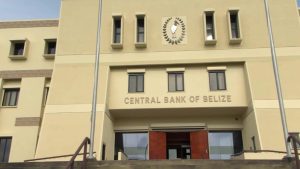 Paul Lopez, Reporting
Paul Lopez, Reporting
In 2019, the Central Bank of Belize launched its Financial Inclusion Strategy with an aim to achieve financial inclusion in Belize. To attain that goal, those who access financial products and services must be informed to act in their own best financial interest. That’s where the Understanding Financial Institutions and Transactions eBook come into play. We heard from Jair Pol, National Financial Inclusion Analyst at the Central Bank of Belize.
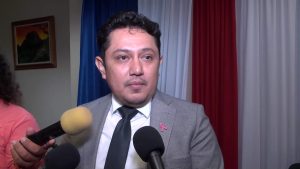
Jair Pol
Jair Pol, National Financial Inclusion Analyst, Central Bank of Belize
“The Central Bank fully supported and collaborated with the Ministry of Education to ensure that financial education is incorporated in the primary school curriculum. So we have worked with them and this is a grandeur moment because we are launching the eBook which is going to make it more accessible for primary school students in Belize to have access to basic understanding of financial institutions and transactions in Belize.”
These financial literacy tools are geared towards standard two and standard three students. One standout feature is its hands-on activities, teaching kids practical lessons about Belize’s financial institutions, the value of budgeting, and introducing them to everyday financial terms. During this live demonstration, these students were tasked with unscrambling words like profit and savings.
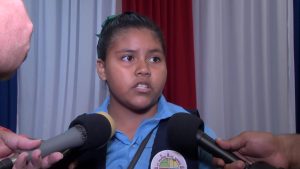
Kaylee Balan
Kaylee Balan, Student, St. Martin De Porres Primary School
“Budgeting is important because you know need to know how much money you have and if you don’t budget you can overspend and, in the future, when you really need the money you want have it, because you did not budget and your overspend.”
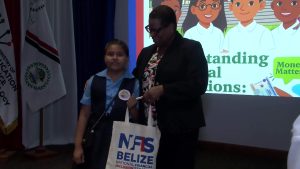 Paul Lopez
Paul Lopez
“So, have you begun budgeting, or are you implementing the lessons you learnt?”
Kaylee Balan
“So, for school my mom straight up gives me my money, so I have to go and only spend what I have to and know, so ok I can only spend a dollar on this, because I need to buy water.”
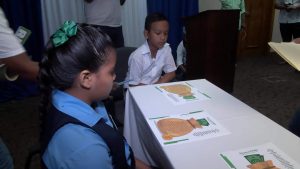 And that is a lesson on spending and budgeting, but what about exercises in making money?
And that is a lesson on spending and budgeting, but what about exercises in making money?
Kaylee Balan
“Well, you can do work, like for children, you can do chores around the house and get paid and for adults you can do different jobs or work.”
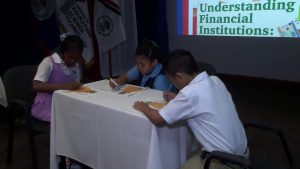 With that knowledge, this young mind is preparing to take on world with a sound financial foundation. This is all thanks to her teachers, those who have been trained to impart the lessons outlined in the eBook, like Ashlee Rodriquez.
With that knowledge, this young mind is preparing to take on world with a sound financial foundation. This is all thanks to her teachers, those who have been trained to impart the lessons outlined in the eBook, like Ashlee Rodriquez.

Ashlee Rodriquez
Ashlee Rodriquez, Teacher, Saint Martin De Porres Primary School
“Being the area I come from, yes because of the socio-economic background they have, with this being that they know it from a young age, they are able to apply it as they get older, even at a young age. Let us look at the budget. You budget the money you have in school and then you learn about your needs and your wants, what do you really need and want, especially if you have a limited amount in your pocket that your mommy or daddy gives you. And, from there it builds the skills they need to survive as they get older. Along with the credit system, it allows them to understand, because you know you have to always borrow loans. They are always in the classroom or the school setting, “lend me dollar”, ‘lend me shilling”, but for them to understand how the credit score system works where it is a little stricter with structure. And if you don’t spend or borrow wisely, it will affect you as you get older.”
Rodriquez and a group of eighteen teachers have been equipped to train teachers across the country on how to effectively utilize the eBook within their classrooms. The Central Bank of Belize says that in 2019 seventy percent of primary school students were receiving some form of financial education. It expects that figure to increase to one hundred with the rollout of the eBook. Reporting for News Five, I am Paul Lopez.




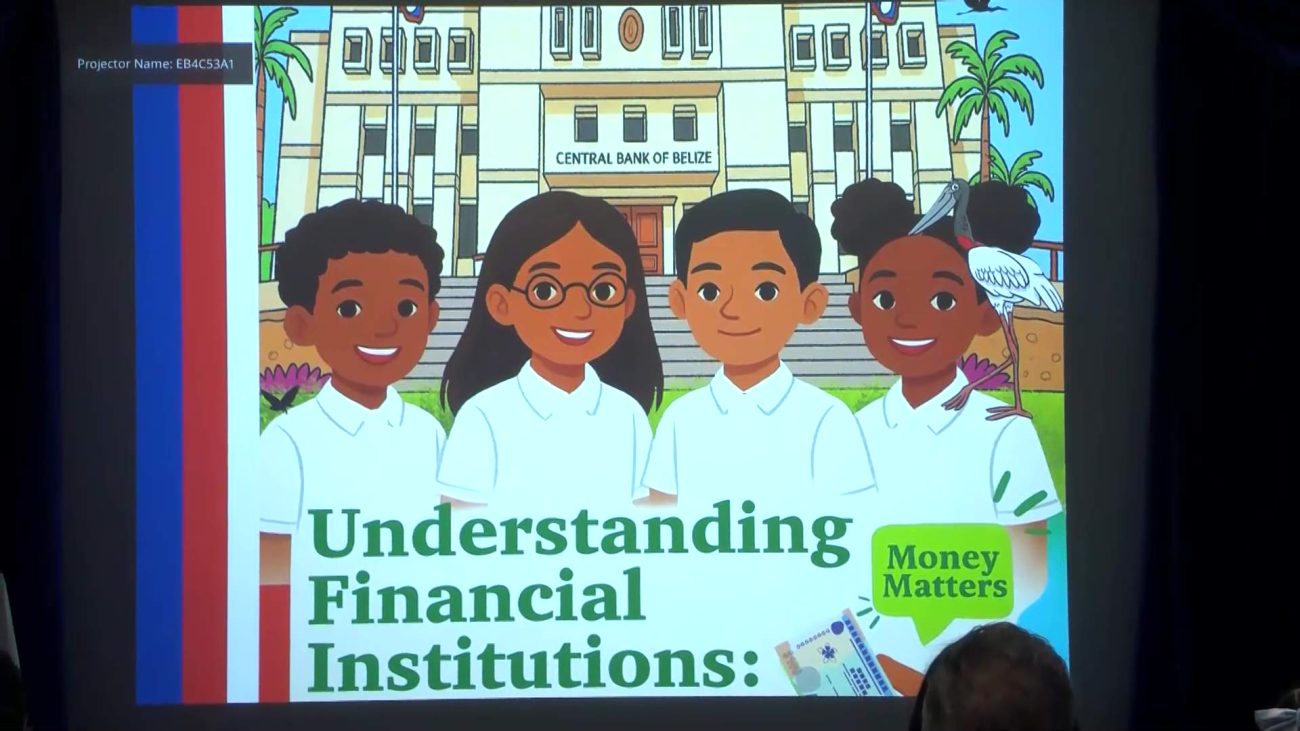

Facebook Comments